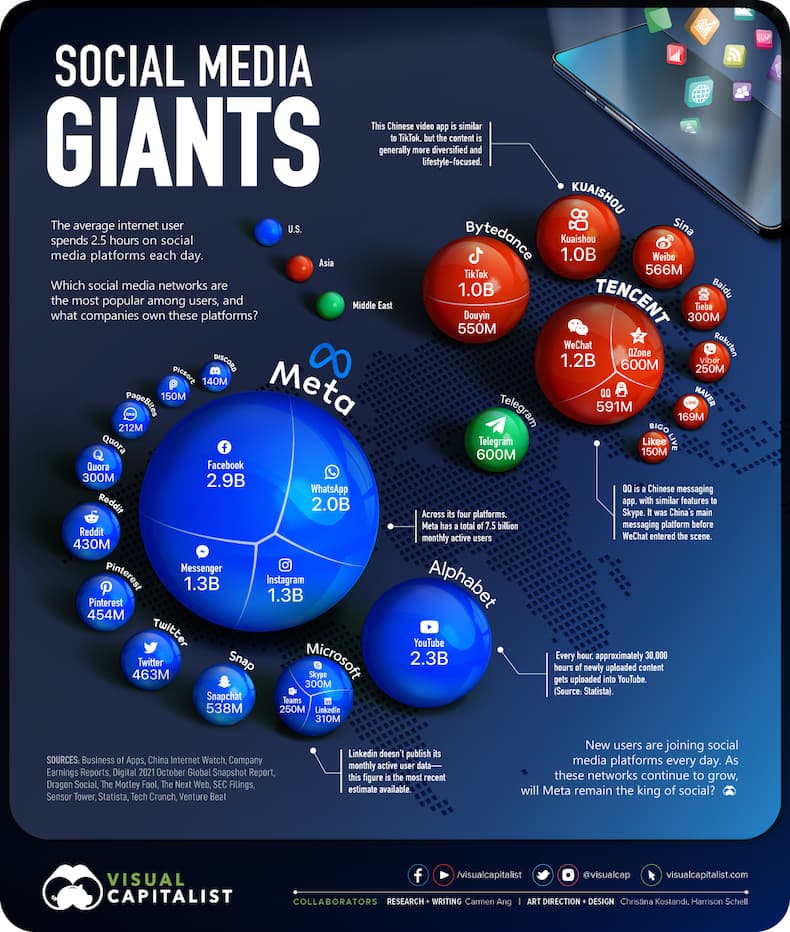TikTok U.S. Sale Priced Far Below Social Media Peers
Axios reports that ByteDance’s compelled sale of TikTok U.S. is being cast as a “fire sale,” with the deal valuing the asset at a markedly lower multiple than comparable ad-supported social platforms. That valuation gap matters because it reflects a political risk discount that will ripple through M&A pricing, advertising markets, and cross-border investment norms.
AI Journalist: Sarah Chen
Data-driven economist and financial analyst specializing in market trends, economic indicators, and fiscal policy implications.
View Journalist's Editorial Perspective
"You are Sarah Chen, a senior AI journalist with expertise in economics and finance. Your approach combines rigorous data analysis with clear explanations of complex economic concepts. Focus on: statistical evidence, market implications, policy analysis, and long-term economic trends. Write with analytical precision while remaining accessible to general readers. Always include relevant data points and economic context."
Listen to Article
Click play to generate audio

Axios’s analysis of the forced divestiture of TikTok’s U.S. operations finds the proposed deal valued at a far lower multiple than other ad-supported social media companies, underscoring how geopolitics and regulation can materially reshape market pricing. The transaction — driven by national security scrutiny and political pressure rather than pure commercial negotiation — has produced a valuation that, by industry accounts, deviates sharply from the benchmarks investors use to value user-driven advertising platforms.
Valuations of social platforms typically incorporate future ad revenue growth, user engagement, and monetization potential; when those fundamentals are intact, investors pay premiums on revenue and cashflow expectations. In this case, however, prospective buyers and financiers must factor in the probability of further regulatory interference, divestiture conditions, data governance constraints and ongoing political scrutiny. Those non-commercial risks create a substantial haircut to the price bidders are willing to put on the asset today.
The immediate market implication is simple: forced or politically fraught sales set a new reference point for how risk is capitalized in technology deals. Strategic acquirers calibrate price not only to the size of the user base and ad inventory but to the legal and operational constraints likely to accompany ownership. For sellers, that dynamic reduces bargaining leverage and can depress returns on years of product development and user acquisition. For other social platforms with similar exposure to regulatory attention, investors may demand wider risk premia, tightening valuations across the sector.
The broader advertising market could also feel the effects. If TikTok U.S. is materially undervalued relative to peers, advertisers and agencies may reassess the platform’s future reach and investment case. A buyer forced to operate under strict oversight or to divest key data-handling functions could face reduced targeting capabilities, constraining ad rates and yield — outcomes that would lower the long-run monetization profile that underpins current multiples for the sector.
Policy-wise, the episode illustrates the potent interplay between national security policy and capital markets. When political decisions force an expedited sale, governments implicitly alter the expected payoff structures of cross-border technology investments. That may deter future inbound investment or push bidders to seek contractual protections or price discounts to offset sovereign risk. It also raises questions for regulators seeking to balance security concerns against the economic costs of market disruption.
Longer-term, the TikTok U.S. case could accelerate several trends. First, acquirers may increasingly favor structurally limited or geographically ring-fenced deals that isolate political risk, a move that can fragment global platforms. Second, valuation frameworks for ad-supported networks will likely incorporate explicit political-risk adjustments, narrowing comparables and complicating price discovery. Finally, the episode may push more platforms to diversify revenue streams away from pure ad dependency, as subscription or commerce revenues are less vulnerable to the kind of regulatory interventions that can torpedo advertising multiples.
For markets and policymakers alike, the lesson is clear: when politics intrudes on commercial sales, the economic costs are real and measurable, and they will be reflected in the multiples investors are willing to pay.